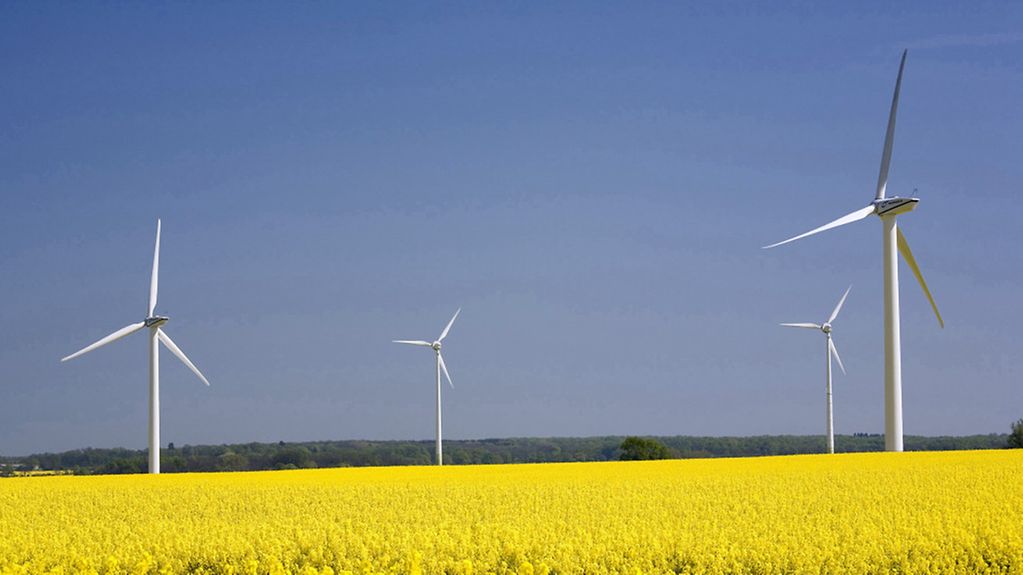G20 Resource Efficiency Dialogue
"To achieve the climate protection objectives set out in the Paris Agreement we will have to use natural resources more efficiently," Federal Environment Minister Barbara Hendricks said at the inaugural meeting of the G20 Resource Efficiency Dialogue in Berlin.
2 min reading time

One major concern of the G20 is the worldwide use of clean natural resources
Photo: BMU / Brigitte Hiss
The dialogue was one of the outcomes of the G20 Summit in Hamburg.
The newly launched G20 Resource Efficiency Dialogue is the G20's contribution to a more resource-efficient and sustainable global economy. The objective is to promote sustainable production and consumption.
The first dialogue meeting is one of the last events to be held under the German G20 Presidency. Argentina will be taking over the G20 Presidency from Germany on 1 December 2017. The inaugural meeting was attended by government delegations from the G20 countries as well as by representatives from international organisations, business, academia and civil society.
Resource efficiency is climate action
According to data put forward by the International Resource Panel (IRP), through the efficient use of resources and climate action it will be possible to reduce the global consumption of natural resources by 28 per cent and greenhouse gas emissions by more than 60 per cent compared to 2015 levels.
Federal Environment Minister Barbara Hendricks said at the meeting in Berlin: "If we use natural resources more efficiently, extract them more sustainably and re-cycle them, then climate action can have multiple benefits. We will end up using less energy and thus reduce CO2 emissions. Less waste will end up in landfills and less methane will escape into the atmosphere. And at the same time we will protect important carbon sinks like forests and wetlands."
Sustainable Development Goals
The G20 plan to collaborate more closely when it comes to implementing the Sustainable Development Goals (SDGs) set out in the 2030 Agenda that affect the use of natural resources. The IRP has pointed out that 12 out of the 17 SDGs rely on the more sustainable use of natural resources.
2030 Agenda
By adopting the 2030 Agenda the international community for the first time signed up to universal goals for global sustainable development. The 17 Sustainable Development Goals (SDGs) set out in the Agenda apply to everyone: to governments across the globe, as well as to civil society, the private sector and academia.